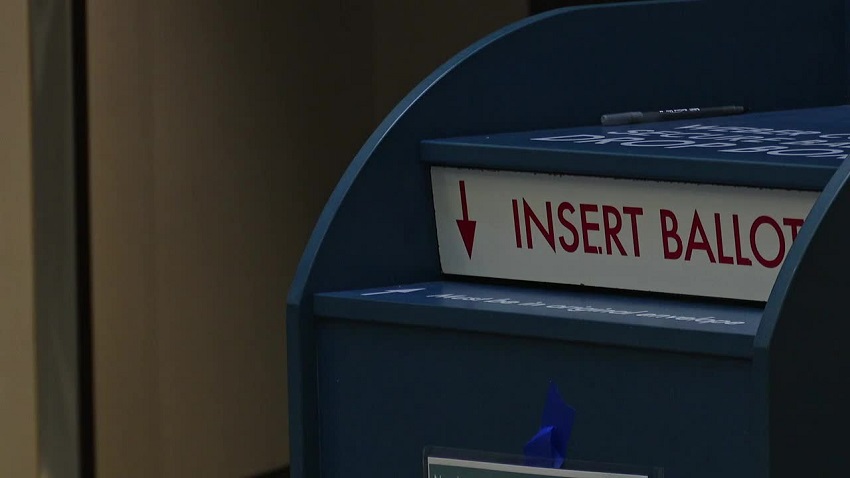Ogden, UT — A bill that could change the way Utahns cast their ballots in elections passed a key House committee on Tuesday, sparking debate over the future of the state’s voting system.
House Bill 300, sponsored by Rep. Jefferson Burton, R-Salem, mandates that voters show an ID when submitting their ballots by mail or at designated drop boxes. The bill aims to ensure that only registered voters are casting ballots, a measure Burton says will increase voter confidence and expedite the election process.
“The majority of Americans and majority of Utahns believe that folks should show their ID when they vote,” Burton said. “A signature does not equate to voter ID,” he added, highlighting that current signature verification methods could lead to uncertainty and delays in election results.
The bill also seeks to ease the burden on county clerks by eliminating the need to verify signatures on absentee ballots or reach out to voters whose signatures do not match the one on file. Burton argued that this change would not only streamline the election process but also help produce quicker results on election night.
Burton, reflecting on past elections, noted, “When I was younger, it was never a question. Most people felt safe and secure with voting. I hear a lot from people that are concerned about the idea of somebody voting who maybe shouldn’t be voting.”
However, the bill has faced significant opposition, particularly from groups concerned about its impact on voter turnout and accessibility. Helen Moser of the League of Women Voters Utah raised concerns about the potential for the bill to reduce participation. “This system has improved voter turnout by nearly 30 percent. A hybrid solution is certainly going to reverse our participation rate,” Moser said, questioning the need for the bill in light of a lack of evidence supporting widespread voter fraud.
Opponents also pointed out that the bill could disproportionately affect vulnerable groups, including the elderly, disabled, and rural residents. These individuals, many of whom rely on the convenience of mail-in voting, may face additional challenges under the proposed system. Burton acknowledged these concerns and said he is working on solutions to address the needs of these communities, including ensuring that voters can still receive ballots by mail and complete them at home.
Despite the controversy, the bill passed the House Government Operations Committee by a 9-4 vote and will now move to the full House for consideration. Rep. Burton expressed his commitment to refining the bill to make voting both more secure and accessible without burdening voters.
While the bill has made its way through the House, Senate Republican leaders have signaled that they may not fully support it. They are reportedly working on their own legislation aimed at improving election security and voter access, which could present an alternative to the approach outlined in HB300.
The fate of HB300 remains uncertain as lawmakers continue to debate the balance between election security and voter accessibility in the coming weeks.

